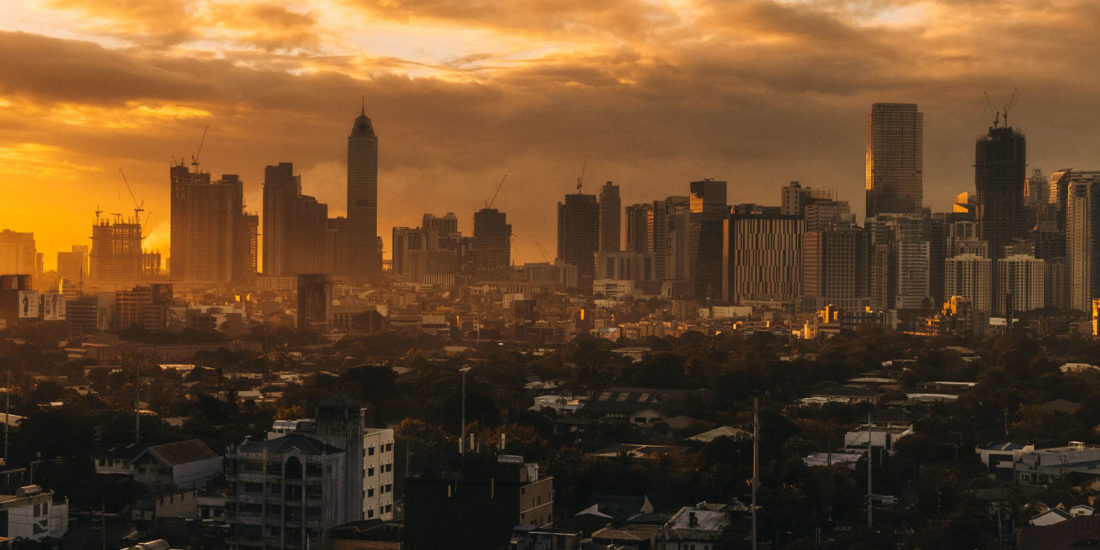The Philippines has one of the highest risks of disasters in the world, mainly due to natural hazards such as typhoons, earthquakes, floods, droughts and disease. Institutions of higher learning could experience significant deaths and injury among its community members. Structures and facilities could be damaged or destroyed by major earthquakes, volcanic eruptions and even from fires or civil unrest. Disruptions to the academic calendar could increase as super typhoons become more frequent, rainfall becomes more intense during monsoon season, during times of prolonged flooding or droughts that disrupt power generation.
The COVID-19 pandemic, without destroying any buildings or other physical assets, has shown that many social and economic activities can suffer disruption to a degree that is unprecedented in recent history. Institutions of higher learning need significant preparation before more deadly diseases, complex emergencies and other sudden threats that interrupt the academic calendar, enrollment, assessment and graduation of future professionals emerge.
This panel will discuss the efforts of the Philippine Commission on Higher Education to enable business continuity planning by State universities and colleges (BCP4SUCs). While the BCP4SUCs project was prompted by the large-scale lockdown measures during the COVID-19 pandemic, the effort is consistent with a larger goal of resilience in higher education. The panelists are all key experts from the BCP4SUCs Project.
Read presenter's biography
